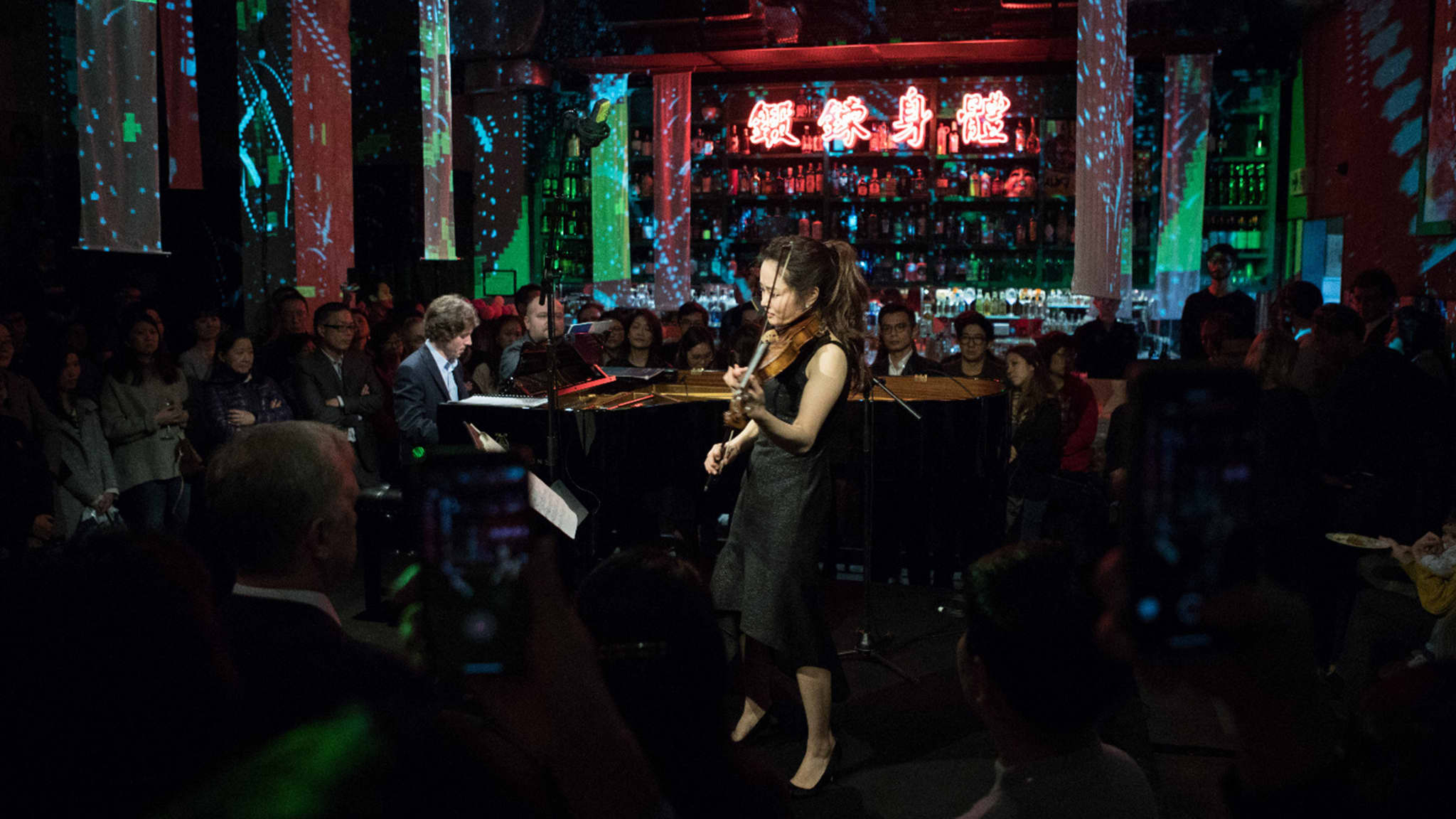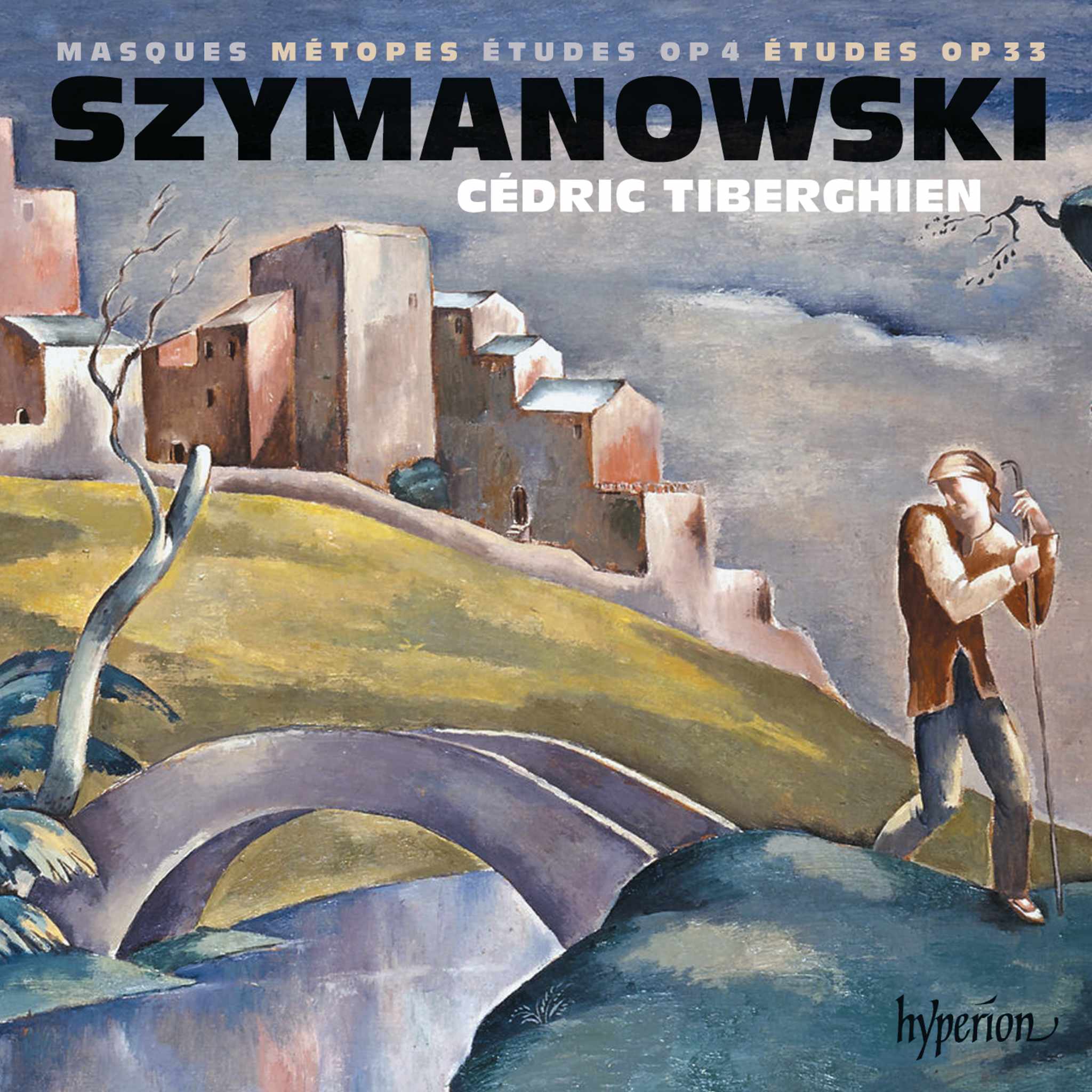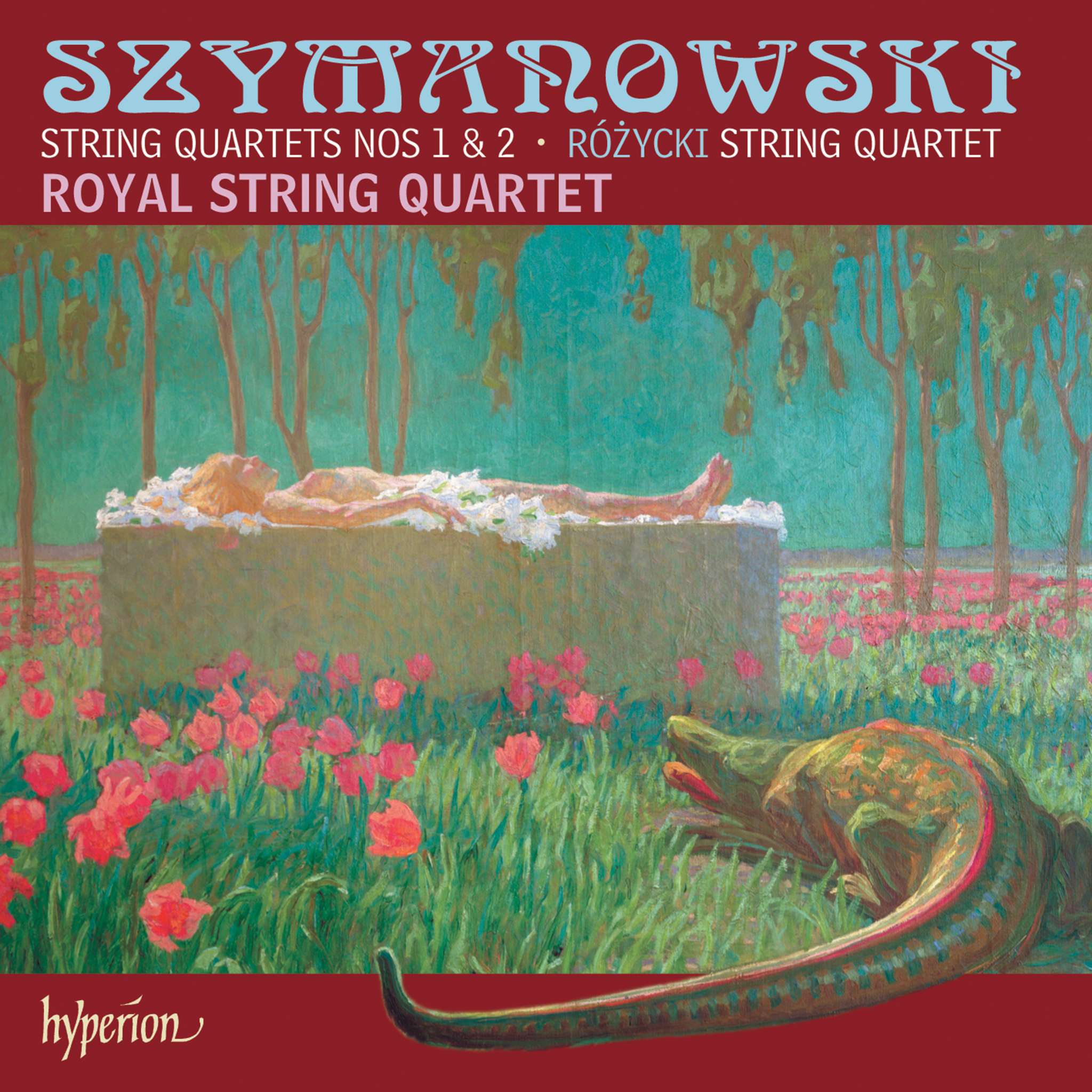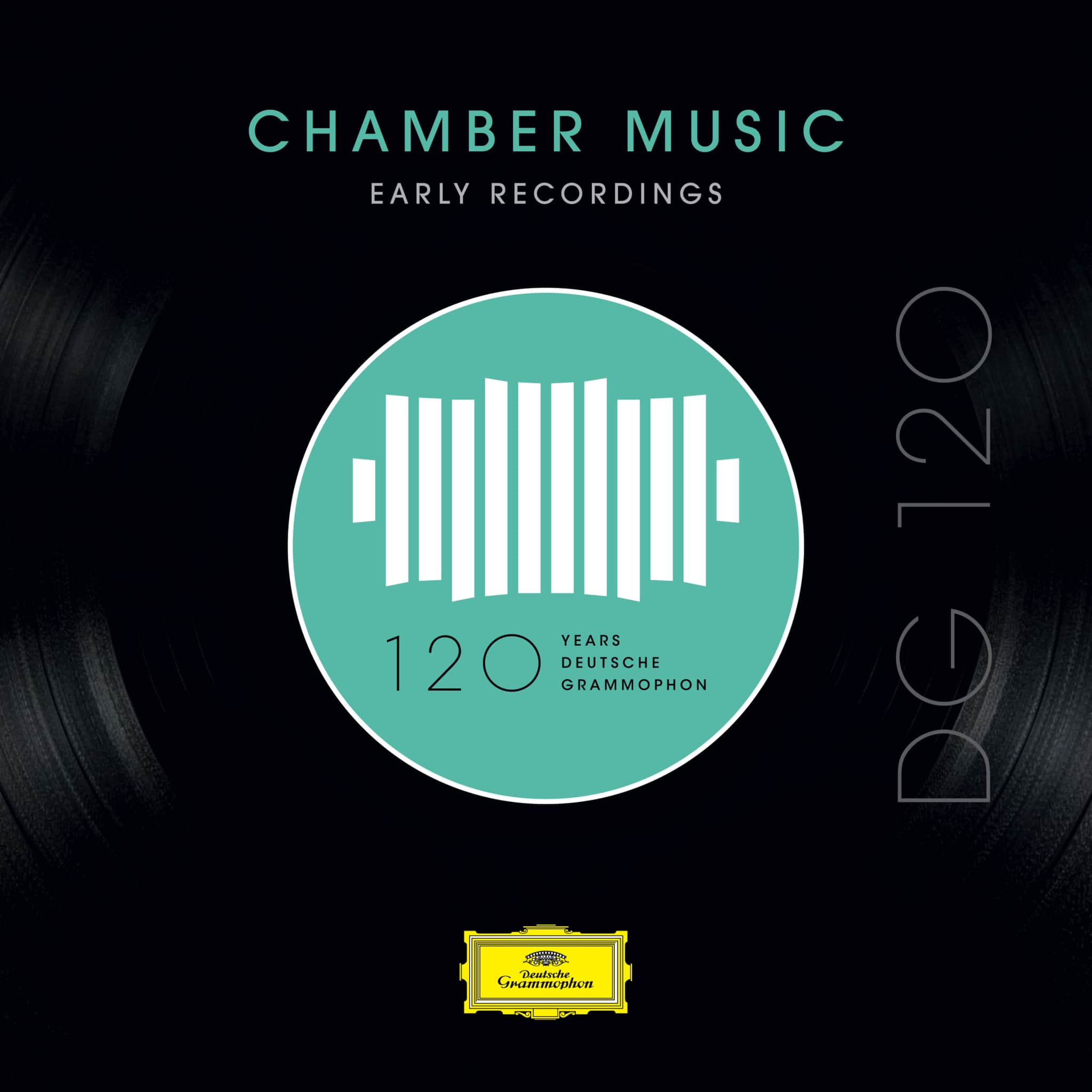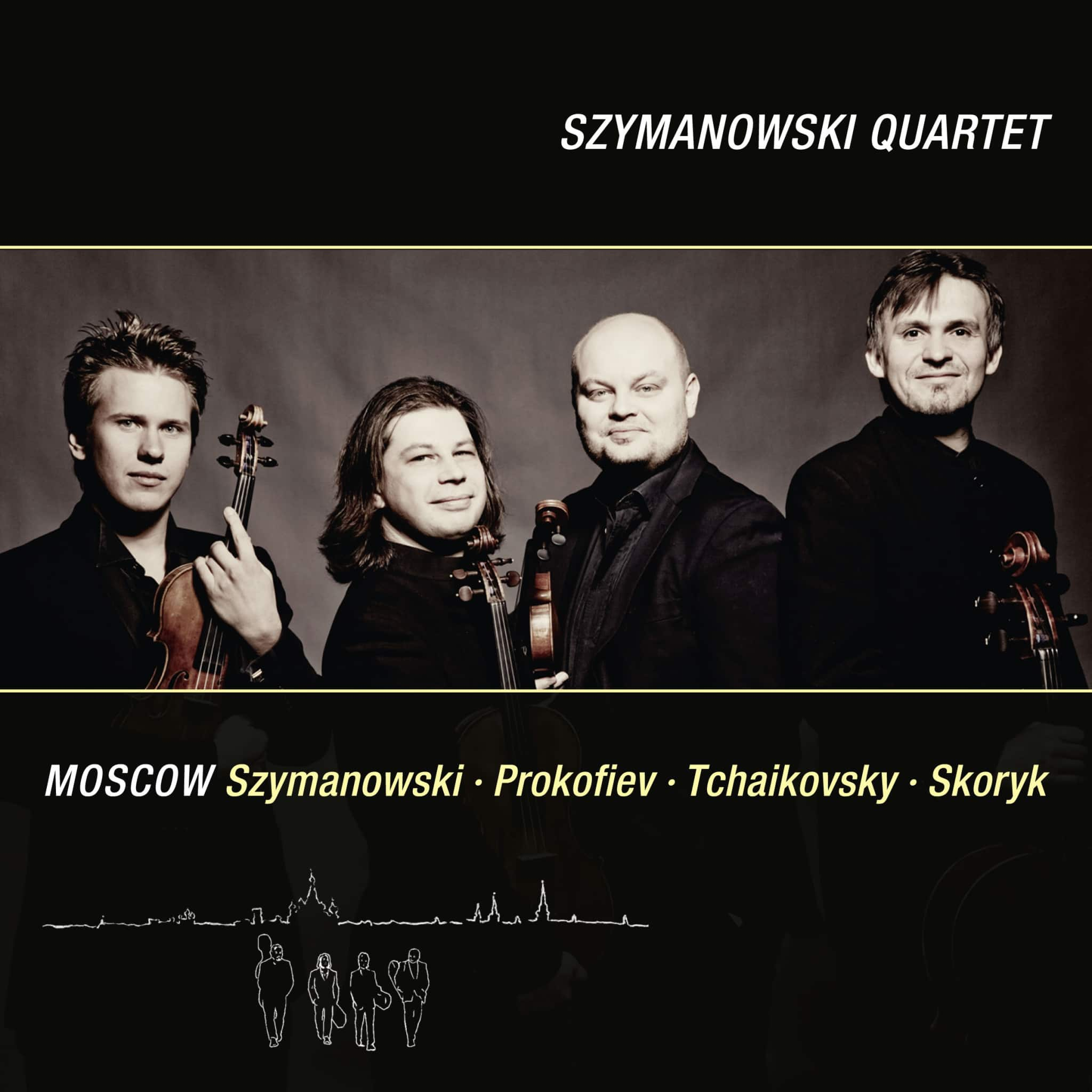Konzerte und Opern
Alben
Erscheint auf
InfosKarol Szymanowski

Karol Szymanowskis Familie gehörte zum polnischen Landadel. Er kam in einem Teil des russischen Zarenreichs zur Welt, der in der heutigen Ukraine liegt. Der junge Karol machte viele Reisen (nach Berlin und Wien sowie ans Mittelmeer), nahm 1901 sein Musikstudium in Warschau auf, als die modernistische Künstlergruppe „Junges Polen” ihre Blütezeit erlebte, und ließ sich später dauerhaft in Polen nieder, nachdem die Bolschewiken das Landgut der Familie verwüstet hatten.
Nach einem Flirt mit der schwelgerischen Spätromantik in seiner Konzert-Ouvertüre (1905) entwickelte Szymanowski einen Stil, der geprägt war vom französischen Impressionismus, von einem subtilen, äußerst individuellen Gespür für Instrumentalfarben und von seiner lebenslangen Passion für die Wärme und Glut des Orients und die Welt des Mittelmeers – deutlich zu hören in Des Hafis Liebeslieder (1911–14), der Symphonie Nr. 3 „Lied der Nacht” (1916), den viel gespielten Mythen für Violine und Klavier (1915) und dem Violinkonzert Nr. 1 (1916). Diese Sinnlichkeit und Feinsinnigkeit kennzeichneten auch spätere Werke wie die Oper König Roger (1924) und das Stabat mater (1926), aber nach 1918 übernahm er in sein Schaffen ebenso Elemente der polnischen Volksmusik, die beispielsweise dem Ballett Harnasie (1931) und dem Violinkonzert Nr. 2 (1933) neue rhythmische Schärfe gaben. Das Violinkonzert war eines seiner letzten Werke, bevor Szymanowski mit 54 Jahren in Lausanne an Tuberkulose starb.

